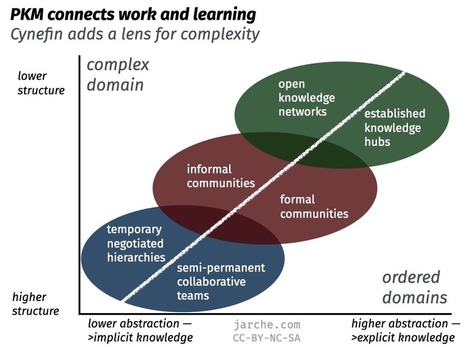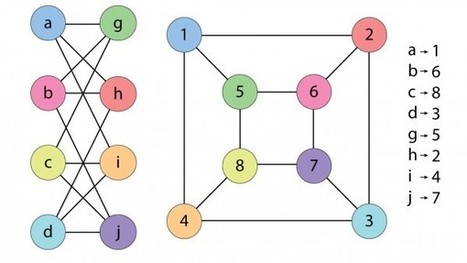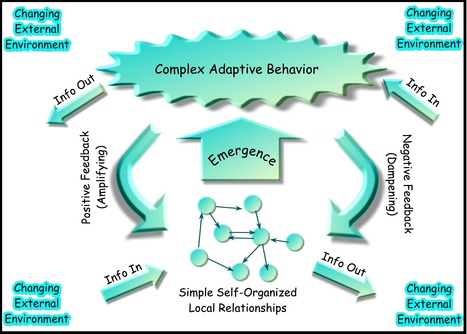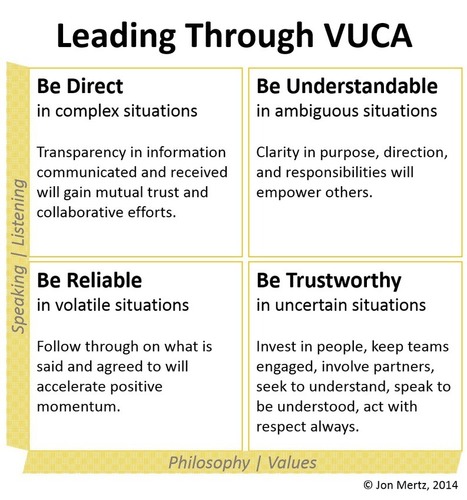Complexity science is not a single theory. It is a combination of various theories and concepts from a variety of disciplines—biology, anthropology, economy, sociology, management and others that studies complex adaptive systems (CAS).
All three terms in the name CAS are significant in the definition of a CAS:
1.- Complex implies diversity, many connections among a wide variety of elements.
2.- Adaptive suggests the capacity to alter or change, the ability to learn from experience.
3.- A system is a set of connected or interdependent things. From this definition, it is possible to approach organizations, communities and societies as complex adaptive systems.
Image- Complex-adaptive-system.jpg (Wikipedia Commons)
Via
enrique rubio royo



 Your new post is loading...
Your new post is loading...


















The concept of Personal Knowledge Mastery is growing in popularity as we all seek to make sense of what our best next step should be in this incredibly complex world. PKM offers an approach that connects work with learning and at its heart is a principle of seeking information, making sense of it and sharing it in a reciprocal manner with others that broadens understanding and can lead to new insights and action.
In this article Harold Jarche (the leading author on PKM) argues that in more complex realms the groups (teams, communities and networks) that form to address knowledge areas need to be more open, informal and transient to be able to deal with the issues at hand. This suggests that the kind of leadership qualities that need to be developed to be successful in these complex times are those associated with being open, humble, curious, flexible and trustworthy.